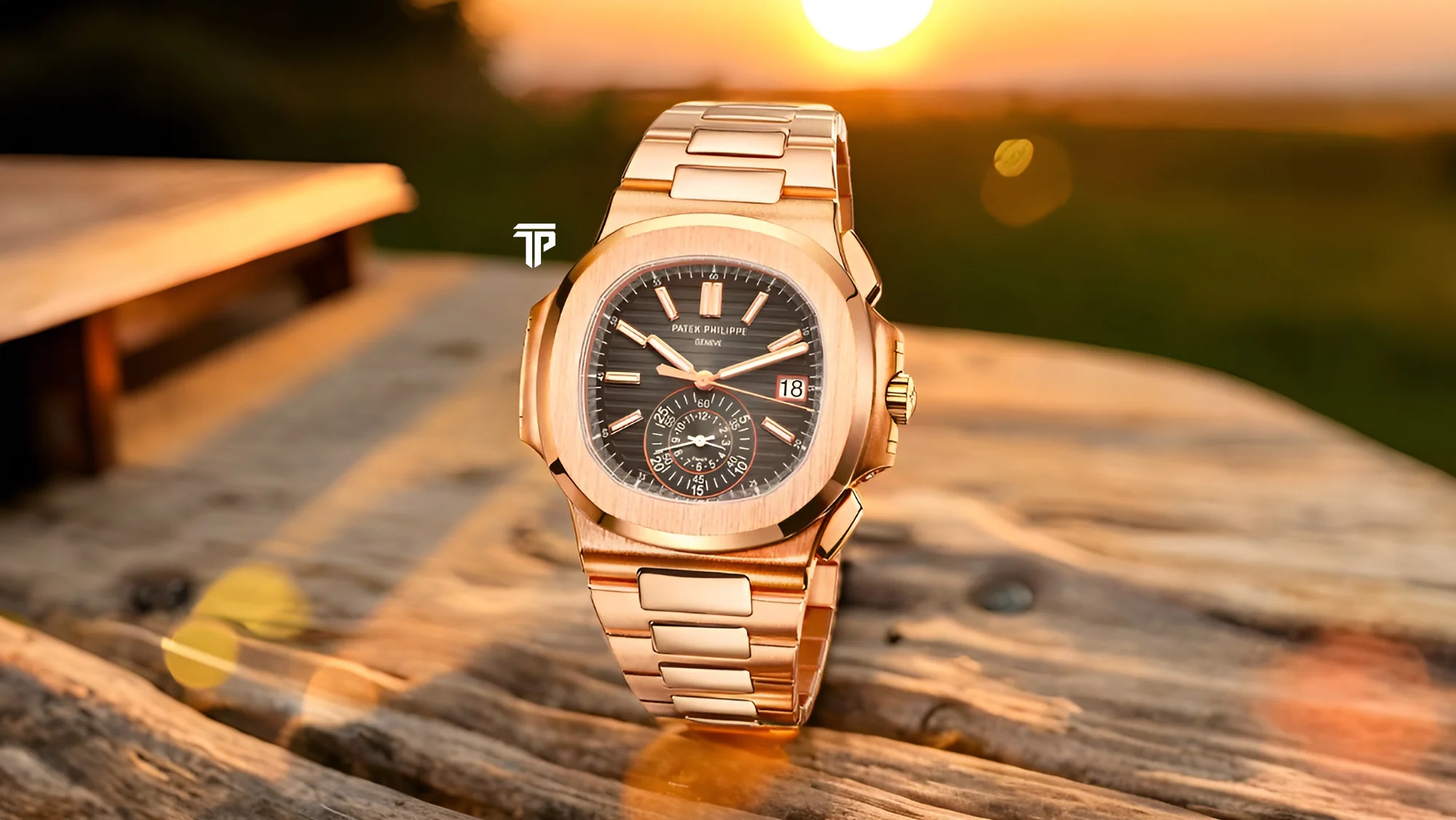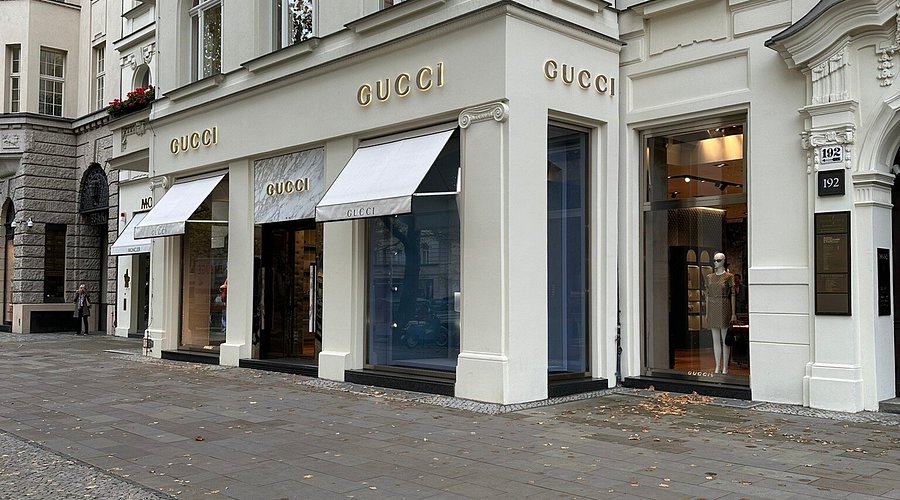Julius Baer Report Reveals Shifts in High-Net-Worth Lifestyle Priorities
By
John Carter
Last updated:
August 19, 2025
First Published:
August 19, 2025

Photo: Zawya
A changing landscape of luxury consumption
The 2025 Global Wealth and Lifestyle Report by Julius Baer highlights a notable trend among high-net-worth individuals. While traditional indicators of luxury such as designer goods, exotic travel, and large estates remain important, there is a growing emphasis on longevity, health, and overall well-being. The report shows a two percent decline in the Lifestyle Index, signaling that the ultra-wealthy are increasingly prioritizing experiences and personal growth over material accumulation.
The rise of wellness-focused luxury
High-net-worth individuals are now investing in luxury that enhances quality of life. Wellness retreats, advanced health monitoring, and personalized nutrition programs are becoming standard elements of the affluent lifestyle. This shift reflects a broader cultural movement toward longevity and mental well-being, with wealthy individuals seeking ways to balance their success with personal fulfillment. Luxury is no longer solely about appearance or status—it is about creating a sustainable and enriching life.
Impact on travel, real estate, and services
These evolving priorities influence decisions across multiple sectors. Luxury travel is now focused on restorative experiences, private wellness resorts, and destinations that offer holistic health options. Real estate purchases increasingly include spaces designed for exercise, meditation, and spa-like environments. Service providers are responding by offering highly personalized wellness solutions, blending comfort, exclusivity, and cutting-edge technology to meet the expectations of the affluent market.
Redefining consumer behavior and brand strategies
Brands targeting ultra-wealthy clients are adapting to this trend by incorporating wellness, sustainability, and personalized experiences into their offerings. Art, fashion, and hospitality sectors are introducing products and services that resonate with this lifestyle shift. Companies that fail to recognize this change risk losing relevance with a demographic that values experiences, health, and longevity over conventional symbols of wealth.
The long-term implications
The growing focus on wellness and life quality among the ultra-wealthy may also influence broader consumer markets. Trends that start within affluent communities often trickle down, shaping mainstream luxury preferences and expectations. By understanding these priorities, businesses can innovate and create offerings that appeal both to high-net-worth individuals and aspirational consumers seeking similar experiences.
Final thoughts
The Julius Baer report confirms that the definition of luxury is evolving. For high-net-worth individuals, the emphasis is shifting from ostentatious displays of wealth to meaningful experiences, personal growth, and health. Brands and service providers that recognize and cater to this transformation will be well positioned to thrive in the rapidly changing luxury landscape.
Subscribe to unlock premium content
Sed at tellus, pharetra lacus, aenean risus non nisl ultricies commodo diam aliquet arcu enim eu leo porttitor habitasse adipiscing porttitor varius ultricies facilisis viverra lacus neque.
A comprehensive guide on Agile development

10 Productivity tools that are worth checking out

Top 7 Must have management tools for productivity

A comprehensive guide on Agile development

10 Productivity tools that are worth checking out

A comprehensive guide on Agile development








.png)
